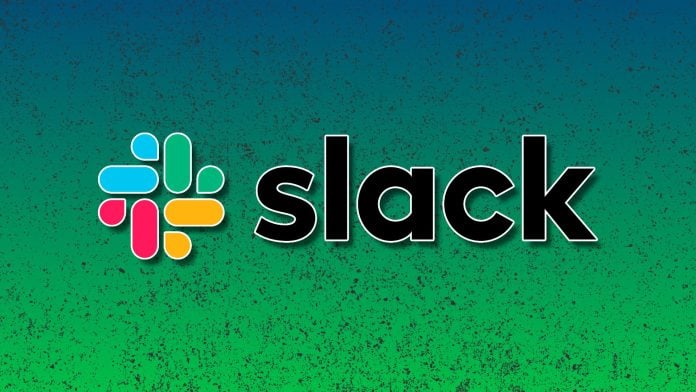In a significant shift towards enhancing productivity in the workplace, Slack has unveiled new capabilities that integrate artificial intelligence (AI) into its platform, contingent upon the rich conversational data shared within teams. The introduction of the Real-Time Search API (RTS) and the Model Context Protocol (MCP) server is set to empower businesses by unlocking valuable insights while ensuring strict data security and governance. This innovation aims to minimize the hours wasted on repetitive tasks, thereby streamlining operations for small businesses.
The latest developments come as organizations are inundated with over 1,000 applications, leading to a staggering 40% reduction in employee productivity due to inefficiencies such as context switching. Slack’s new tools promise a more effective way for teams to leverage the wealth of data generated through their daily discussions. “The best work happens when context and execution aren’t separate. With Notion AI and Slack together, teams can turn every conversation into action,” stated Erica Anderson, Chief Revenue Officer at Notion.
By integrating AI applications within Slack, small business owners can expect substantial benefits. First, the ability to harness conversational data allows for tailored and context-rich interactions with AI agents. This enhancement enables teams to draw on their own discussions, resulting in personalized insights that are significantly more relevant than generic responses.
Moreover, the integration can lead to faster decision-making. According to Slack, organizations that utilize these innovations can achieve a 37% increase in decision speed and a 36% faster response rate to customer inquiries. This is largely due to the seamless connection between app data, such as Salesforce or Workday, and Slack conversations, enhancing both the search and the AI experience.
The capability to embed AI directly within Slack also means that tasks can be accomplished with fewer clicks and less context shifting. For example, a team member could ask an AI agent to update customer relationship management (CRM) records or resolve IT issues without the hassle of conventional ticket submissions. By centralizing various tools within Slack, businesses can unify their tech stack, ultimately maximizing their return on IT investments. “By unifying your tech stack with AI apps and agents in Slack, you’re not just making work easier for your teams; you’re maximizing the return on your entire IT investment,” Slack emphasizes.
While the integration of advanced AI comes with numerous advantages, small business owners should consider potential challenges. The first is ensuring that the AI solutions adopted align with existing workflows and data governance policies. As with any AI implementation, an understanding of how to effectively manage and utilize the generated data is crucial. With tight security measures in place, Slack assures that organizations can maintain the confidentiality and integrity of their data while benefiting from these innovations.
Small businesses also need to navigate the balance between adopting powerful AI tools and retaining personal touch in customer interactions. As automation becomes more prevalent, it’s important to ensure that customer service remains empathetic and relatable.
Prominent companies such as OpenAI, Anthropic, and Google have already begun to leverage these new capabilities, with apps like ChatGPT enabling real-time insights directly within Slack. Such integrations allow employees to draft messages and gain insights faster, ultimately enriching collaborative efforts.
The six highlighted applications exemplify the potential of this integration:
- ChatGPT: Offers real-time collaboration on content generation and insights.
- OpenAI Codex: Enables direct contributions from Slack conversations, streamlining tasks.
- Claude: Facilitates in-depth analysis by connecting Slack data to deliver actionable insights.
- Google Agentspace: Converts conversations into insights via seamless integration.
- Perplexity: Provides conversational and context-aware search capabilities directly within Slack.
- Dropbox Dash: Merges insights from Dropbox to maintain workflow continuity.
Small business owners looking for competitive advantages would do well to consider these emerging tools that promise not only to transform everyday tasks but also to fundamentally improve how teams collaborate.
Slack’s innovations exemplify a shift toward making AI a trusted partner in productivity, equipped with the contextual understanding necessary for meaningful collaboration. To explore these enhancements further, visit the original announcement on Slack’s blog here.
Image Via BizSugar



